Lead Research Communicator
Malcom is a lead research communicator for Michigan Medicine and research communications strategist for the U-M Medical School, with more than 20 years of experience in strategic communications, marketing, and health and science writing. She covers the basic science departments, pulmonary and critical care medicine, infectious disease, pathology and anesthesiology. Contact: [email protected]


Health Lab
Some symptoms may be caused by damage developed before patients contracted the coronavirus.
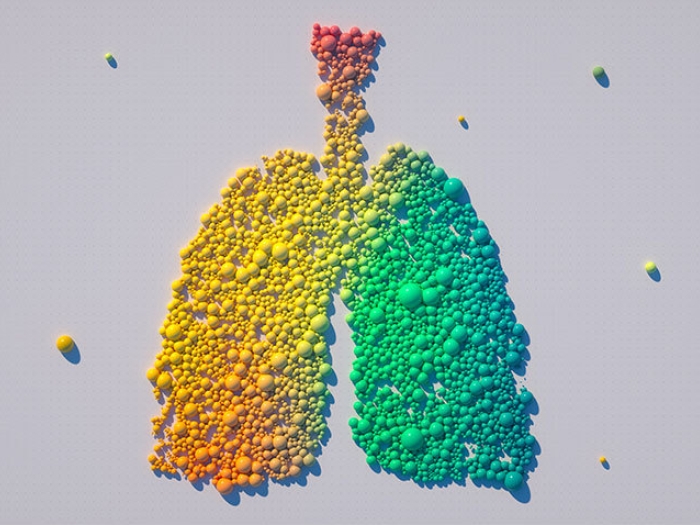
Health Lab
In the wake of the pandemic, a pulmonologist provides advice on protecting your often-overlooked lung health.
News Release
Instead of carrying around their CDC-issued vaccine card, University of Michigan Health patients now have the option of displaying a digital copy of their COVID-19 vaccination record and recent COVID-19 test results through the MyUofMHealth patient portal and mobile phone app.
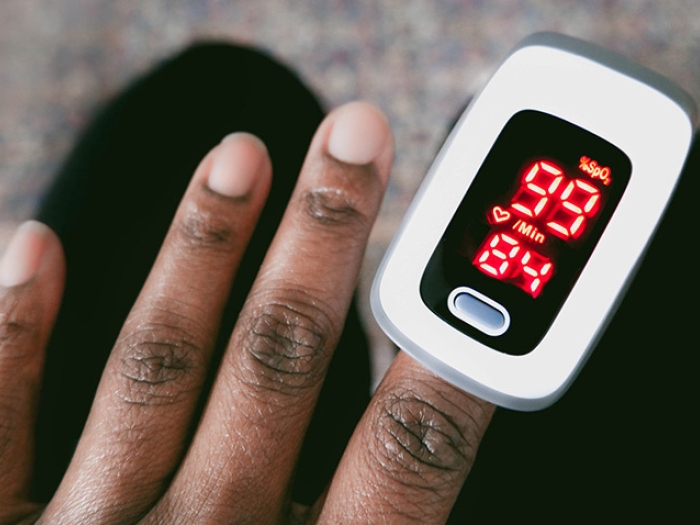
Health Lab
Racial bias in pulse oximeter readings has dire consequences for patients with darker skin. Study shows Black patients critically ill with COVID-19 were three times less likely to receive life saving ECMO treatment than their lighter skinned counterparts
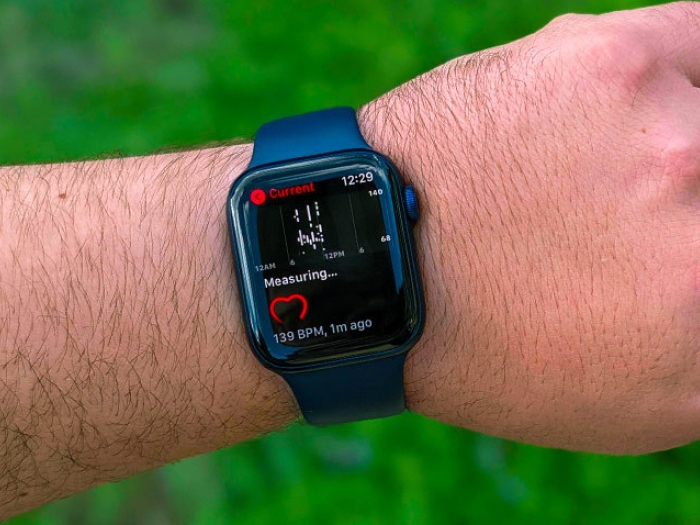
Health Lab
Participants from the University of Michigan Health-led research range in age, race and health conditions.

Health Lab
What we know about treatments, vaccines, boosters and more.
News Release
As researchers around the world continue to combat the COVID-19 pandemic, most agree on one issue: If history is any indication, there's another pandemic coming.
News Release
Lori Isom, Ph.D., has been elected to the prestigious National Academy of Medicine, one of the highest honors for a clinician and scientist.
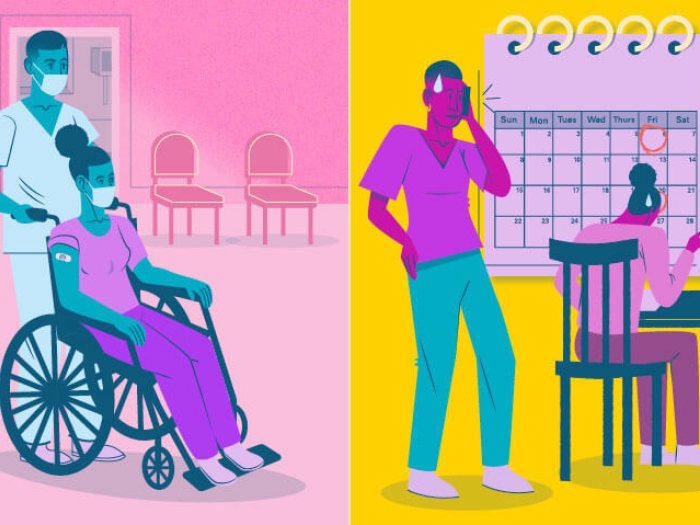
Health Lab
COVID-19 is currently a leading cause of sepsis in the United States, spurring experts to publish new guidance regarding primary care follow up for sepsis after hospitalization.

Health Lab
Enzyme is behind the breakdown of the protective mucus barrier in the gut

Health Lab
New study reveals the location and behavior of specific cells behind lung fibrosis.
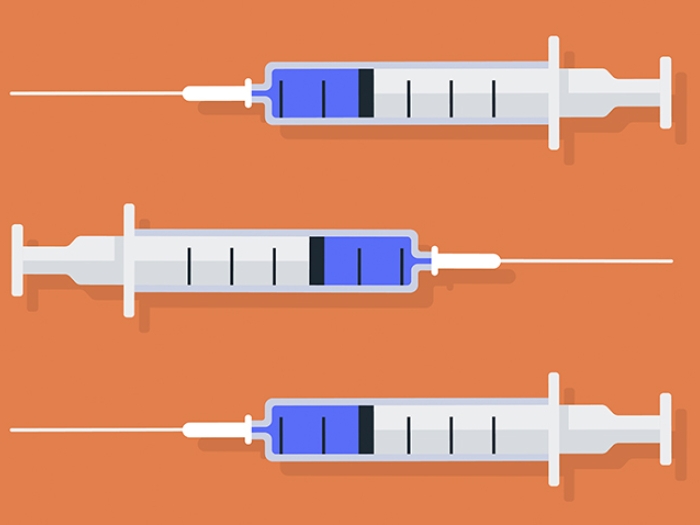
Health Lab
Do you need a COVID vaccine booster shot? Follow this quick, easy-to-understand guide to the latest recommendations from the FDA and CDC for COVID vaccine booster doses.
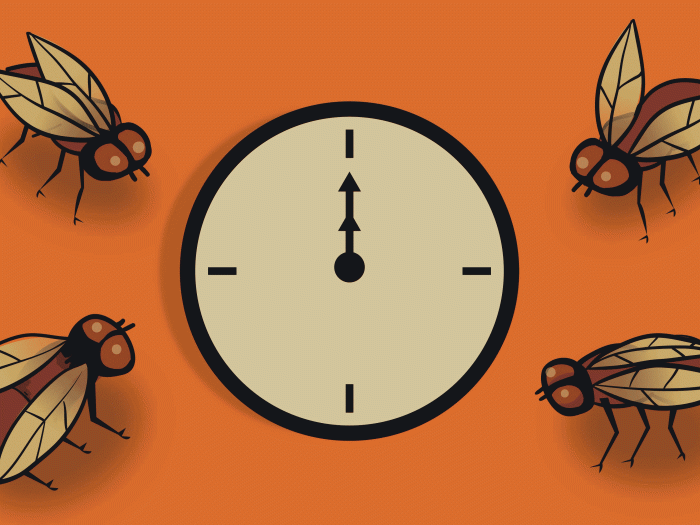
Health Lab
A study in fruit flies reveals the dance of key proteins behind circadian rhythms.

Health Lab
Cognitive impairment is highly likely for patients in the ICU and could be lasting.
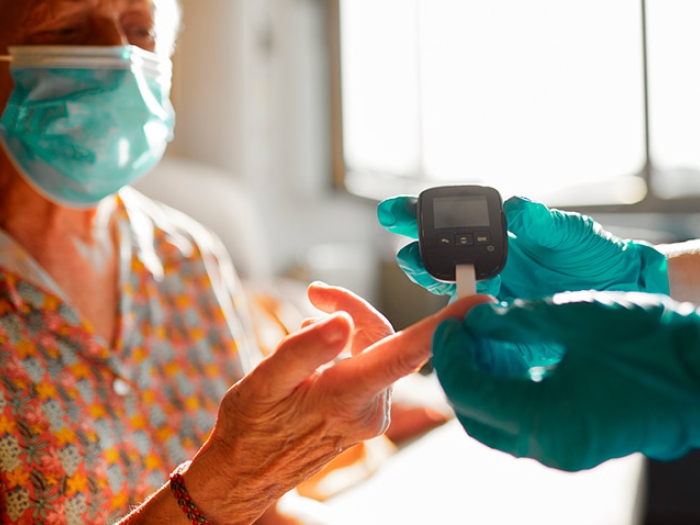
Health Lab
Type 2 diabetes is one of the main risk factors for developing severe COVID-19 due to too much inflammation, often called a cytokine storm. New research shows a potential new therapy for these patients.